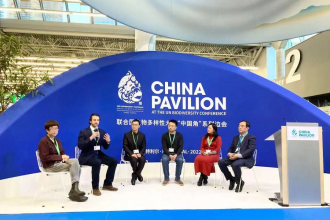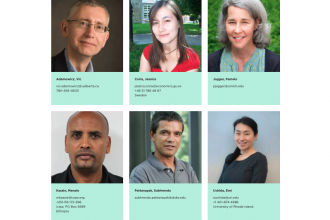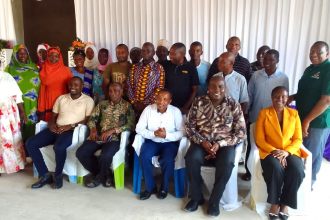26th Annual International Conference on Real Options, Corporate Finance, Innovation, and Strategy
Durham, United Kingdom, July 19 – 22, 2023 Organized by Real Options Group and Center of Innovation and Technology Management, Durham University Business School in cooperation with Northwestern…



